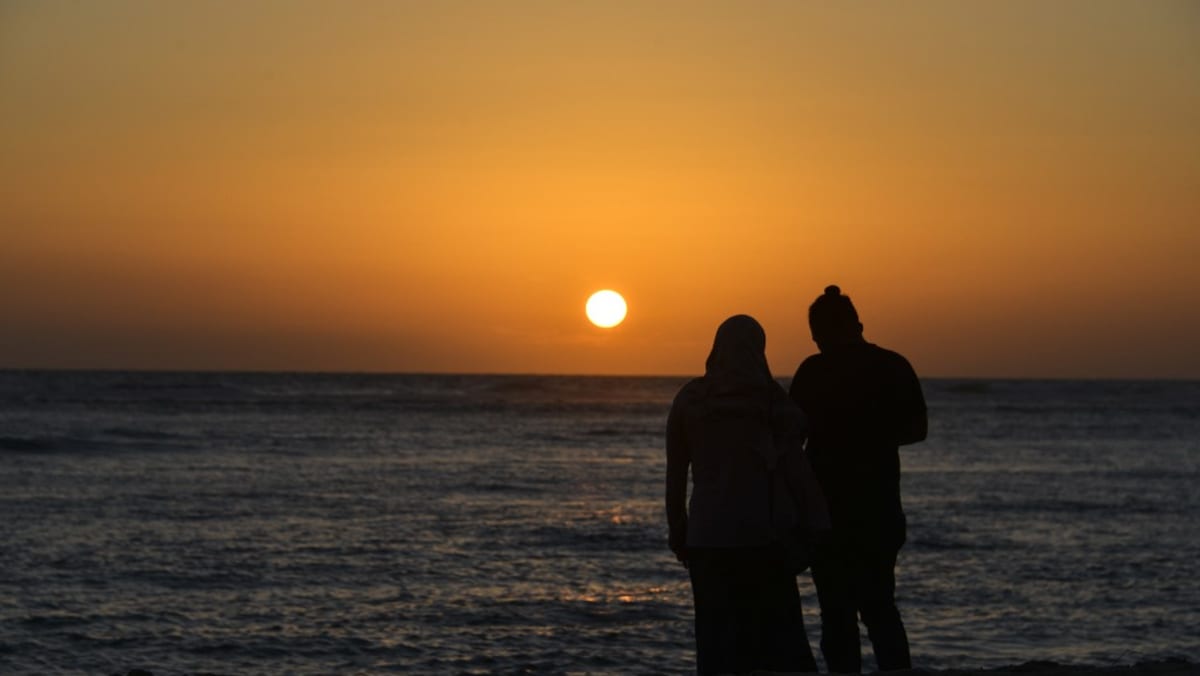WHERE IS THE PRESSURE FROM
What is of concern in today’s Indonesia is that all of the political parties unanimously agreed on criminalising these “sins”. Did the pressure to do so come from societal conservatism? Broad findings from the INSP show that Indonesians remain moderate, secular, and multicultural in their outlook.
Asked whether Islam is compatible with the state’s ideology, Pancasila, only 13 per cent of respondents disagreed. One of Pancasila’s five principles underscores social justice and unity, which can mean respecting diversity.
A total of 61 per cent of respondents agreed that the government should dissolve Islamic organisations such as Hizbut Tahrir Indonesia (HTI) and the Islamic Defenders’ Front (FPI) if they were deemed “dangerous”. However, 19 per cent did not take a stand. These results can be interpreted as showing that most Indonesians do not tolerate exclusivist groups.
More concerningly, 29 per cent of those surveyed stated that Islam should be the only official religion in Indonesia, even though there are six recognised religions. A total of 35 per cent agreed that Islamic or Sharia laws should be allowed to apply at the local level.
While Indonesia has a Muslim majority, most respondents believe that Indonesia must remain secular. The only contradiction that the survey revealed, possibly demonstrating growing exclusivism for some people, was that more than half of the respondents agreed that when voting for elections, it was important to choose a Muslim leader.
Significantly, 36 per cent of respondents believed that blasphemy against Islam must be punished more severely than blasphemy against other religions. Conservatism is generally stronger among these respondents: The Sundanese, the Minangs, and those in Sumatra, Banten, and some parts of Jakarta.
The survey asks specific questions for Muslims that were skipped for non-Muslim respondents, to measure the former’s religiosity. A total of 93 per cent of the Muslim respondents indicated that they regularly fasted during Ramadan and 80 per cent performed their daily prayers.
However, only 50 per cent of Muslim respondents paid zakat (tithe). While this is one of the five pillars of Islam, this act is mandated only for the wealthy and the middle class.
About 93.1 per cent of those Muslim respondents surveyed have not performed the haj ritual to Mecca. Structural and policy reasons explain this finding: They probably could not afford it and thus it is not obligatory for them to perform the pilgrimage.
They might have also missed the quota imposed by the Saudi Arabian government. In 2022, the Saudi government allowed just 100,000 pilgrims from Indonesia, half of that in pre-COVID times. Interestingly, only 3.2 per cent of Muslims surveyed said they did not intend to perform the haj, which means their religious aspiration is strong even if individuals may not be able to afford the trip.
